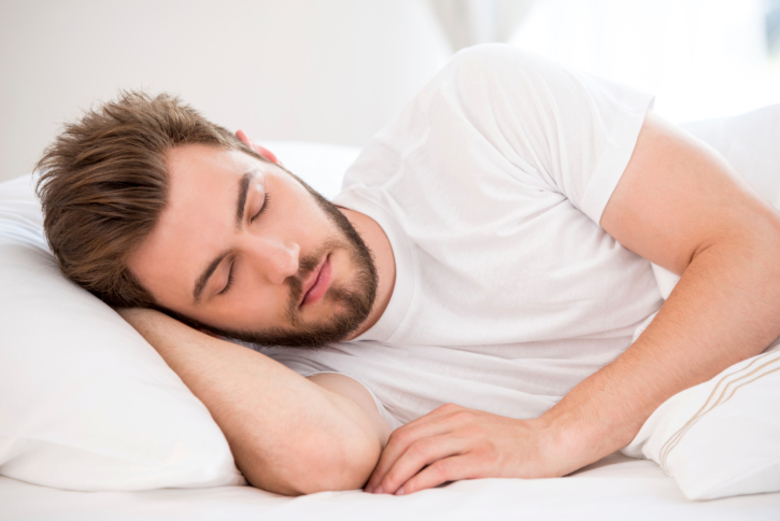
Sleep Being Underrated
We’re supposedly spending at least one-third of our lives at rest, yet many people aren’t getting the amounts of sleep that recommended by experts.
There are debates about how much sleep the average human needs whether it’s 8 hours for some or even as low as 6 hours for other people.
While scientists go back and forth about the amount of sleep that we really need, people still choose to make poor decisions with their time and leaving sleep as their last priority.
Staying up too late watching TV, doing last minute chores, or completing last minute tasks that should have been done earlier on in the day are all examples of poor time management, leaving people with the results of sleep deprivation.
What it all really comes down to is this: do fewer hours of sleep really affect people that lift weights overall?

Consequences of a Lack of Sleep
Sleep is a critical time for the body to recover from daily stress and an opportunity for it to rebuild itself for the next day. This happens both mentally and physically with the aid of several hormones that’s released through several different stages of the sleep cycle.
As you drift off to sleep, cortisol, a catabolic hormone that breaks down muscle and helps with alertness throughout the day, dwindles down to minuscule levels until you begin to awake.
HGH or human growth hormone is at its highest levels during the middle of sleep, which is responsible for a majority of our soft tissue repair.
Your body also moderates the hormones leptin and ghrelin, which regulates body weight by tampering with your overall metabolism and hunger levels. A lack of a proper amount of sleep over time would lower your metabolism and increase fat storage.
What all of this means is that skipping out on sleep would cause less repair of damaged muscle tissue, a slower than normal metabolism, slower ability to build muscle, and a higher body fat percentage.
In regards to performance, sleep deprivation can significantly lower abilities in cognition, creativity, and reaction speeds.
In a Stanford study evaluating athletes that extended their sleep by one hour in replacement of extra practice, the playing abilities of individuals improved significantly enough to have noticeable improvement.
So, while the question on the hours of sleep needed is still debatable, it’s quite obvious that sleep deprivation can hurt people who desire above average requirements needed to reach elite levels of performance.
The Wrap Up
To get the most of your hard work that you invest during the day to achieve sizeable muscle, it’s smarter to get more sleep than less. In order to force your body to grow bigger it needs more time in recovery than normal. The average person can get away with less than 8 hours of sleep but why shortchange yourself?
What else do you want to know?
How to Get Proper Sleep
How Alcohol Affects Your Sleep
How Sleep Wearables Can Help With Deeper Sleep
